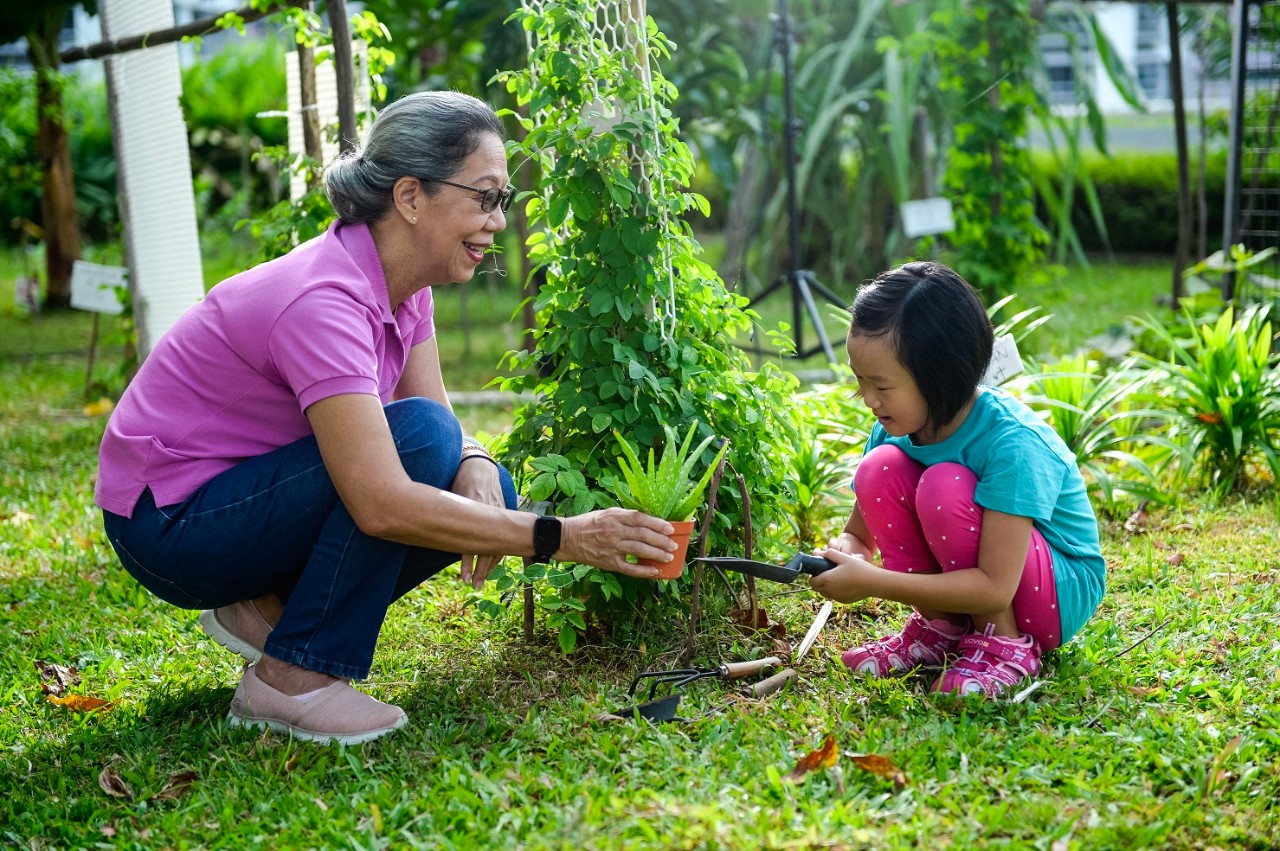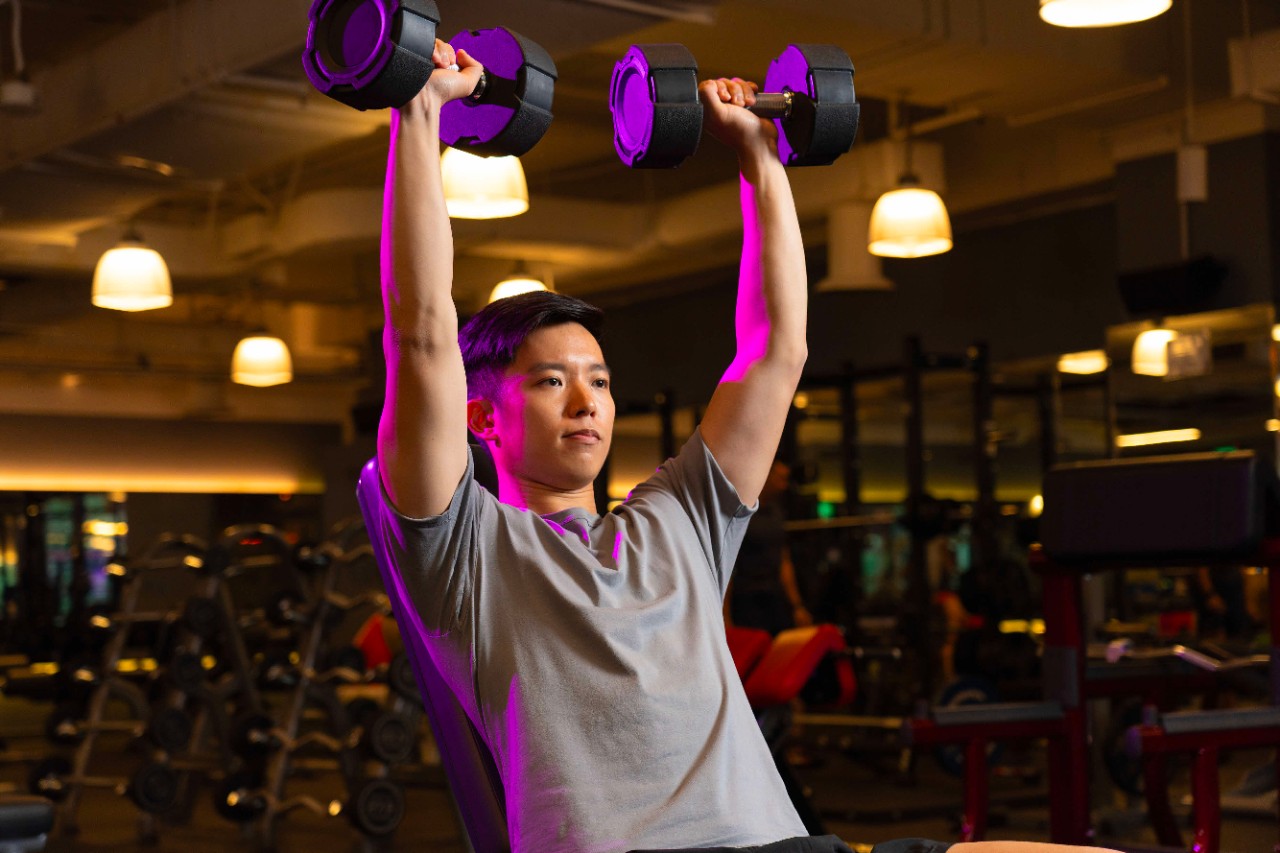12 Jul 2024
SOURCE: CPF Board

Cognition refers to our mental abilities, including learning, memory, attention, problem-solving, and decision-making. We use these skills every day, from planning our finances to travelling to various destinations.
Having good cognitive health allows us to think clearly, learn new things, and remember information. As we age, some cognitive functions, like processing speed and memory may decline. The rate and severity vary based on factors like health, lifestyle choices, intellectual stimulation, and genetics. However, cognitive decline isn’t exclusive to the elderly.
With people living longer lives now, it is important for us to remain cognitively healthy to enjoy our golden years. And this starts with learning how to age actively.
There are four key pillars of active ageing:
Lifelong learning
Social connection/wellbeing
Financial security
Physical and mental health
A recent research study in Singapore revealed that about half of participants had undetected mild cognitive impairment (MCI), a brain condition that serves as an early warning sign of dementia. MCI presents symptoms that fall between normal age-related cognitive decline and abnormal mental decline that may result from illnesses like dementia and Alzheimer’s disease.
The good news: research suggests that lifelong learning can be a powerful tool to combat cognitive decline. Just like how exercise strengthens your body, lifelong learning strengthens your brain. It stimulates the creation and connection of neurons, crucial messengers that transmit information throughout the body. This translates to improved memory, attention, thinking, and reasoning skills.
Similar to cognitive training i.e. brain exercise, lifelong learning activities can significantly improve cognitive function, especially in older adults. Participating in regular learning activities, such as a learning a language, can potentially lower your risk of developing dementia.
Beyond just preventing decline, lifelong learning can also help working professionals learn new skills that can enhance their careers.
Besides learning in a formal capacity, there are numerous ways to learn. You can gain knowledge from friends and family, or find new learning opportunities online. Community programmes may also offer free or discounted courses and workshops on topics such as arts, technology, and fitness.
The key is to adjust your daily routine to include activities that provide stimulation to the brain.

As we age, our bodies and minds change. Outside of cognitive decline, we may experience physical limitations and social isolation. Lifelong learning can also help to mitigate these challenges.
In his book "Head, Hand, Heart: The Struggle for Dignity and Status in the 21st Century", author David Goodhart argues that modern society over-prioritises cognitive skills (the "head") and undervalues manual skills (the "hand") and social-emotional skills (the "heart").
This focus can be detrimental to our social and mental well-being. Learning isn’t just about professional advancement; it’s about developing well-rounded skills that contribute to a fulfilling life. Mastering practical skills like building things (the hand) foster a sense of accomplishment and boosts self-confidence. Honing social and emotional skills (the heart) allows us to build meaningful relationships, and gain a sense of belonging and connection – crucial elements for wellbeing. Many people find volunteering their time and skills a great way to share their knowledge, learn about others, and make new connections.
With increasing life expectancy, you should also consider if you have made plans to ensure a secure retirement for yourself financially, which will allow you to pursue your interests and maintain your desired lifestyle.
That's where CPF LIFE comes in. The longevity national insurance scheme assures you of monthly payouts no matter how long you live, and contributes towards your financial security in retirement.

A healthy mind thrives in a healthy body! To keep your physical and mental abilities sharp as you age, consider these tips:
Regular exercise - improves cognitive function, boosts energy levels, and strengthens the body. Find activities you enjoy, like walking, dancing, or joining a fitness class with friends. Social interaction during exercise adds another layer of benefit!
Eat right - nourish yourself with a balanced diet rich in fruits, vegetables, whole grains, and lean protein. This helps maintain a strong immune system and reduces the risk of cardiovascular diseases.
Make sure you schedule regular health screenings as well to detect and manage any underlying health conditions early.
By actively engaging our minds and bodies, we can create a fulfilling and vibrant life for ourselves, even in retirement. The key is to be proactive – invest in learning new things, whether through studying, hobbies, or simply engaging with others. Don't wait until later years to start this journey, or think that you are “too old” to start. Remember, if a healthy and enriching life is the goal, then the effort is absolutely worthwhile.
Information in this article is accurate as at the date of publication.



